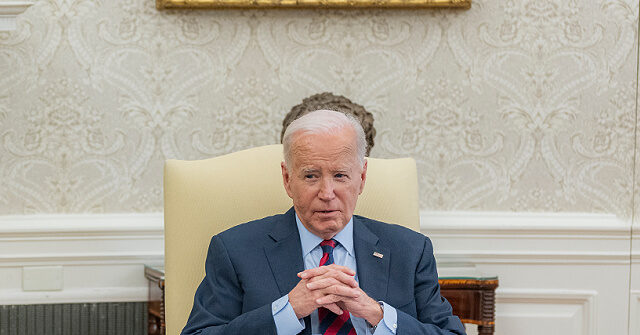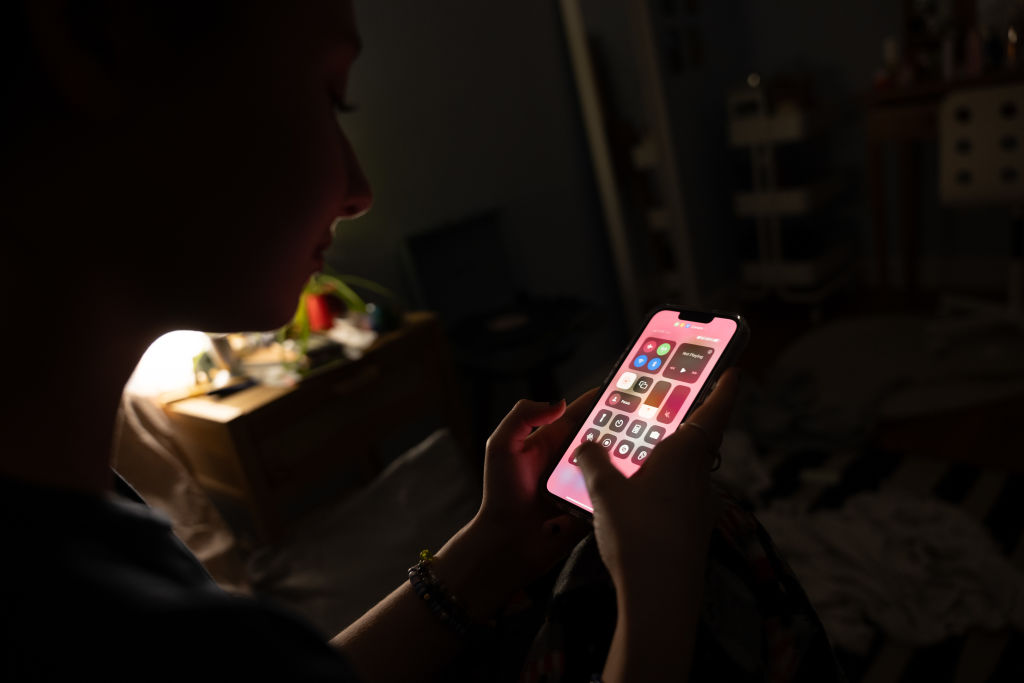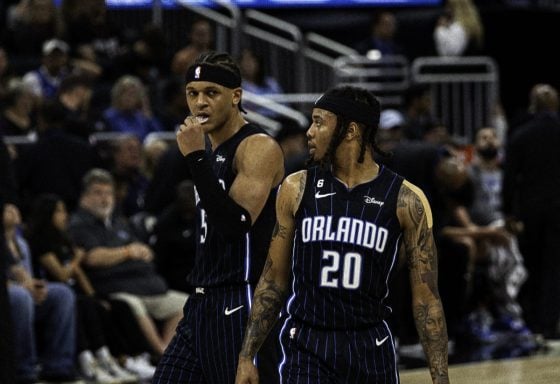I am working on a book that is partly about race, and, as a liberal centrist, I am anticipating a critical reception from both the right and the left. Ideological censorship in the form of shunning, hate-mailing and cancellation has come to pervade both poles of American social politics, but I had in some ways floated above this fray into which I have now been drafted.
Matt Krause represents a district in Fort Worth, where my 14-year-old daughter lives with her mother. Our family has a wonderful circle of friends there and our unorthodox arrangements have been greeted with unfailing civility. I have grown tired of defending my life in Texas to New York progressives who defame the whole state. Yet as my daughter reaches an age at which adolescents begin to explore sexuality and gender, my writing on these subjects has been blacklisted in her backyard. I feel more acutely than I have since the day I married my husband how the political is personal and vice versa.
When I was president of PEN America, the freedom of speech organization, I lobbied on behalf of foreign writers who were banned, tortured and sometimes threatened with execution. Many such courageous voices are galvanized by the need to speak the truth in places where the truth has become suspect, to stand in defense against mindless surrender — to avoid becoming rhinoceroses. Many know that their arrest is a matter not of if, but of when, and march into prison with heads held high. This sounded admirable but exotic a decade ago; now it seems alarmingly proximate.
In October, prosecutors in Wyoming announced that they were considering filing criminal charges against librarians in the state who had L.G.B.T.Q.-positive books on their shelves. The Dallas Morning News reported that parents in Texas “have successfully campaigned against several books and questioned curriculum that delves into challenging subjects, including those addressing social justice and L.G.B.T.Q. issues.” An all-white school board in Pennsylvania banned books and articles on a list of “racial justice resources,” almost all of them by people of color. (After protests led by high school students, the ban was temporarily lifted.) Toni Morrison’s work has been under attack in Virginia, and a Florida school board member filed a criminal report against a book about the Black queer experience that she judged obscene.
I don’t wish to overdramatize; I am on a proud list that includes Isabel Wilkerson, Ta-Nehisi Coates, Jeffrey Eugenides, Michael Crichton, Henry Louis Gates Jr. and William Styron. None of us is rotting in jail; nobody has been forcibly silenced. The Texas document constitutes a cynical electoral stratagem by a bigoted politician in a beleaguered state. But that same state has just passed the nation’s most misogynist abortion law — and after they go for the women, they usually attack the Blacks, the gays, the disabled and the Jews.
I believe that writing the truth as I perceive it is a constitutionally protected right, and that whether or not my books are in school libraries, they will reach their audience. But my daughter, should her peers take an interest in reading my work, may have to explain why it is unavailable to them; she will have to negotiate the proposition that our family’s love is a poison from which they need to be protected.





















Discussion about this post